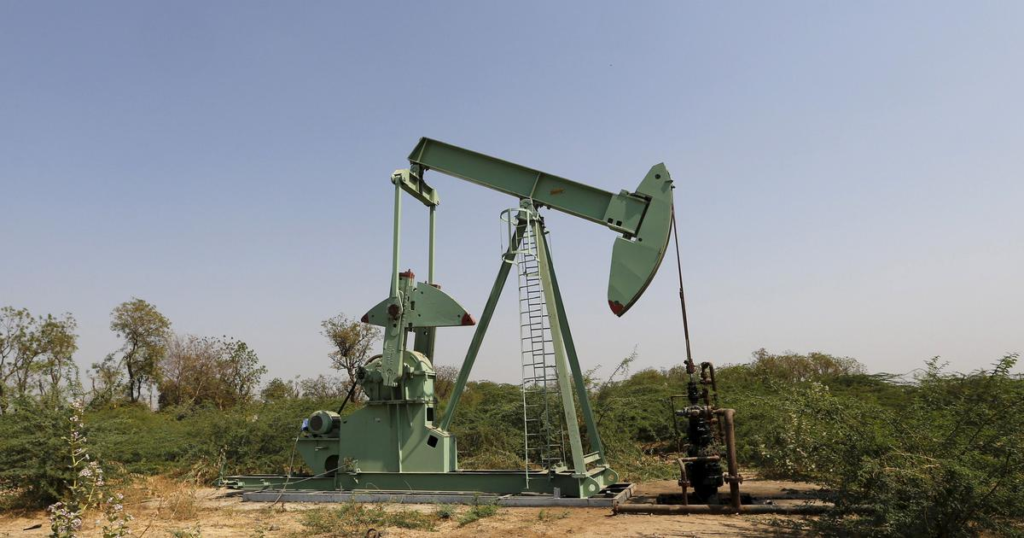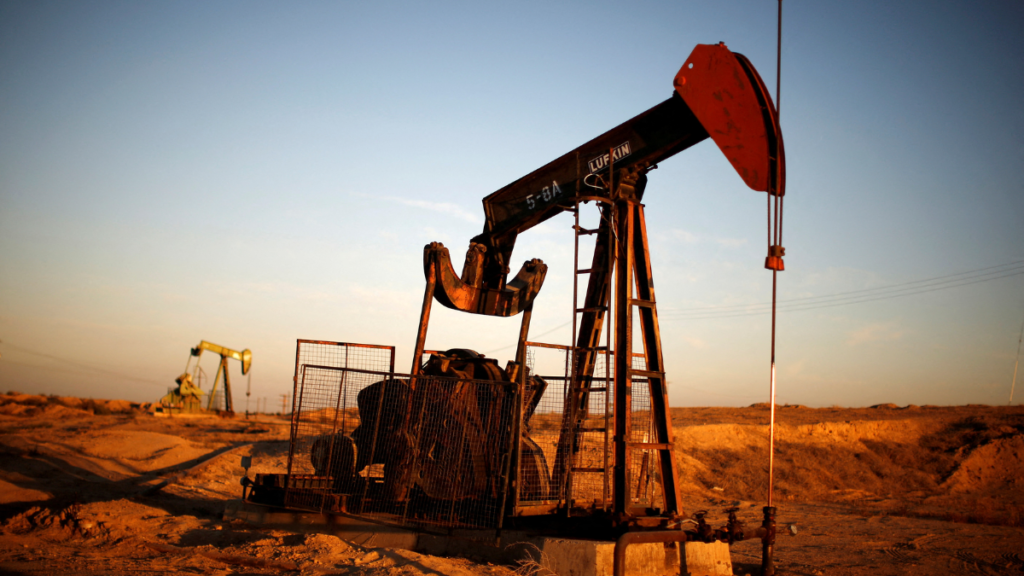India’s rise as the Biggest Exporter of Fuel to Europe marks a significant development in the global oil market. Amid the complex web of sanctions and price caps imposed on Russia following its invasion of Ukraine, India has found a lucrative niche by importing discounted Russian crude, refining it domestically, and exporting it to the European Union (EU).
Rise in Russian Crude Imports by India
India’s imports of Russian crude oil have surged dramatically since the start of the Ukraine conflict. Before the invasion, Russian oil accounted for less than one percent of India’s total oil imports. However, the conflict and ensuing sanctions reshaped global oil trade dynamics, with India becoming Russia’s second-largest crude buyer.
Today, Russian oil comprises around 40 percent of India’s total oil purchases, reflecting a massive shift in energy sourcing. This pivot to Russian crude is primarily due to the discount offered on it relative to other international oils—a consequence of the price cap imposed by the EU, G7 countries, and Australia.
In December 2022, the EU and G7 introduced a price cap of USD 60 per barrel on Russian crude to reduce the Kremlin’s oil revenues and weaken its war effort in Ukraine. While the cap applies to crude oil sales involving countries imposing sanctions, there’s no restriction on third-party nations purchasing Russian crude, refining it, and exporting the refined products to the EU.
Read : Only a Third of Europe’s Surface Water in Good Health
India capitalized on this loophole, turning into a refining hub for discounted Russian crude and exporting these refined products to Europe at full market price.
India’s Export Boom to the EU
India’s exports of refined oil products like diesel to the EU saw a remarkable 58 percent rise in the first three quarters of 2024, with exports primarily originating from refineries in Jamnagar, Vadinar, and Mangalore.
Jamnagar’s refineries are owned by Reliance Industries, while Nayara Energy, which operates Vadinar, is backed by Russia’s Rosneft. The Mangalore Refinery and Petrochemicals Ltd. (MRPL), a subsidiary of ONGC, also plays a key role in refining Russian crude for export.
Read : The Top Ten Most Beautiful European Rivers
The surge in exports of refined oil products from India highlights the refining loophole in current sanctions. EU nations are still receiving fuel products derived from Russian crude, with the CREA estimating that over one-third of India’s exports to sanctioning countries stem from Russian oil.
Between December 2022 and October 2024, CREA reported that approximately 34 percent of Russian seaborne crude was transported using shadow tankers, ships not subject to the price cap policy.
Fuel exports from India to the EU reached 154,000 barrels per day of diesel and jet fuel before the invasion, and that volume has almost doubled since. While the EU sanctions aim to limit direct revenue for Russia, this alternative route for Russian crude via India has sustained both India’s refining sector and Russia’s export revenues.
The Shadow Fleet: Navigating Sanctions
With the sanctions in place, Russia’s oil industry has developed ways to bypass the price cap imposed by Western countries. One key strategy has been the rise of a shadow fleet—aging, second-hand tankers with opaque ownership structures.
This fleet enables Russian oil to evade sanctions by avoiding Western services like insurance and shipping, which are only available if oil is sold below the cap of USD 60 per barrel. As of October, 83 percent of Russian seaborne crude by value was transported by these shadow tankers, with just 17 percent shipped by tankers complying with the price cap.
This shadow fleet consists of vessels that are often older, with limited transparency regarding ownership, making it challenging for regulatory authorities to trace or enforce sanctions against them.

These tankers have effectively expanded Russia’s export capacity by avoiding Western scrutiny, providing an alternative avenue to keep Russian crude flowing. India and China are key players in this market, with China buying nearly half of Russia’s crude exports and India about 37 percent.
The growth of the shadow fleet not only undermines Western sanctions but also amplifies risks in global maritime transport. As these tankers age, they pose potential safety and environmental hazards due to deteriorating conditions and questionable maintenance.
Industry experts have raised concerns that continued reliance on these shadow vessels could lead to an increase in oil spills and other incidents, especially given the sheer volume of crude they transport.
Strategic Implications for the EU, Russia, and India
The EU’s attempt to curb Russian oil revenue through sanctions and a price cap has had limited success, given the emergence of alternative trading channels. The EU continues to receive refined oil products derived from Russian crude, effectively countering its own sanctions.
According to CREA, the EU’s imports of Indian-refined Russian crude equate to 68 percent of the EU’s annual aid commitment to Ukraine, highlighting the paradox in the current sanctions structure.
For Russia, the sanctions have indeed cut off some revenue, but discounted crude sales to India and China have helped Moscow retain crucial oil income. By engaging with the shadow fleet and exporting to countries like India, Russia has ensured its crude finds a market.
This strategy not only preserves Russian oil revenue but strengthens its ties with major energy-importing nations outside the West, allowing Moscow to mitigate the impact of sanctions and keep its economy afloat.
India, on the other hand, benefits economically and strategically. The refining sector has thrived on discounted Russian oil, with refineries operating at higher capacity to meet both domestic demand and growing export requirements.
This energy partnership has fortified India’s energy security by providing a stable and cost-effective supply of crude while boosting its export economy.
Moreover, as one of the largest oil-importing nations, India’s decision to align with Russian oil suppliers signifies a deeper geopolitical stance that balances its relationship with Western countries and Russia.
As a significant player in the global oil market, India’s expanded role in refining and exporting Russian crude underscores its influence in energy geopolitics and economic stability in Europe.

India’s role as a refining and export hub for Russian oil has reshaped the landscape of global energy trade. The ongoing sanctions on Russia have indirectly facilitated India’s ascent as a primary fuel supplier to Europe, illustrating the adaptability of global trade routes in the face of geopolitical shifts.
While the EU’s price cap policy aimed to reduce Russian oil revenue, its loopholes have allowed Russian crude to continue flowing into Europe through intermediaries like India.
This situation underscores the complexities in implementing effective sanctions in an interconnected global economy, where regional dependencies and market dynamics frequently counteract policy objectives.
The shadow fleet further complicates enforcement, raising questions about the long-term sustainability of current sanctions and the potential need for more nuanced strategies.
India’s economic gains from this arrangement are notable, positioning it as a central player in the evolving oil market. As global energy demands shift and geopolitical alliances recalibrate, India’s role as a key refining nation will likely continue, reinforcing its influence and providing crucial revenue from European markets.
let’s enjoy few years on earth with peace and happiness….✍🏼🙏

